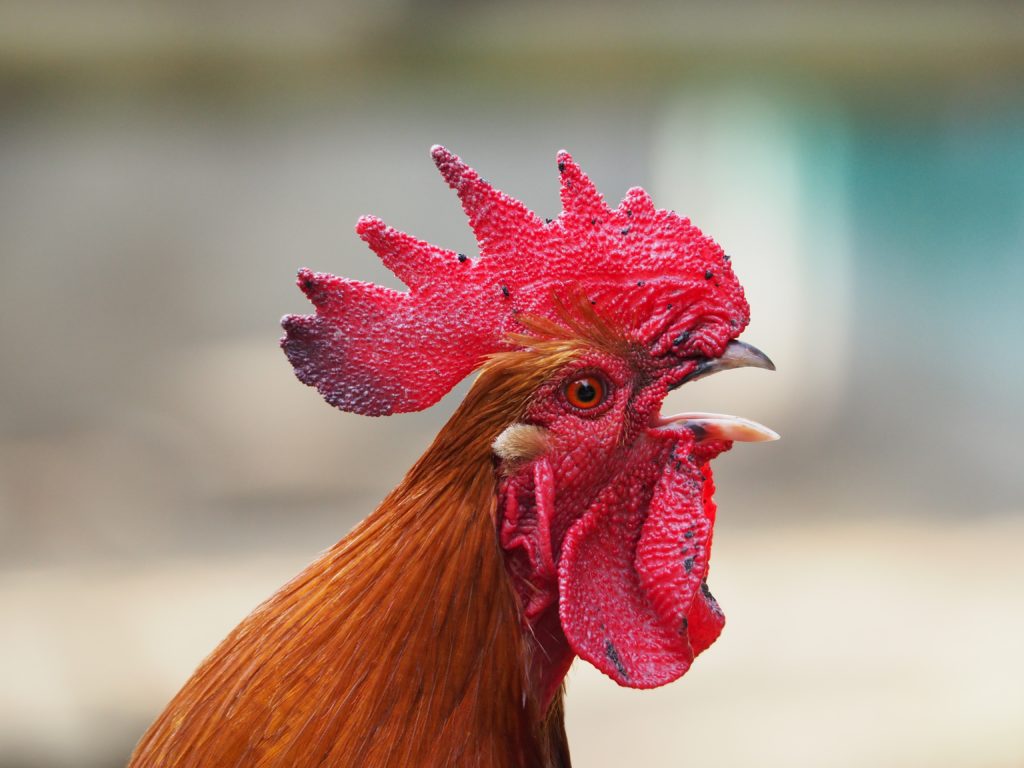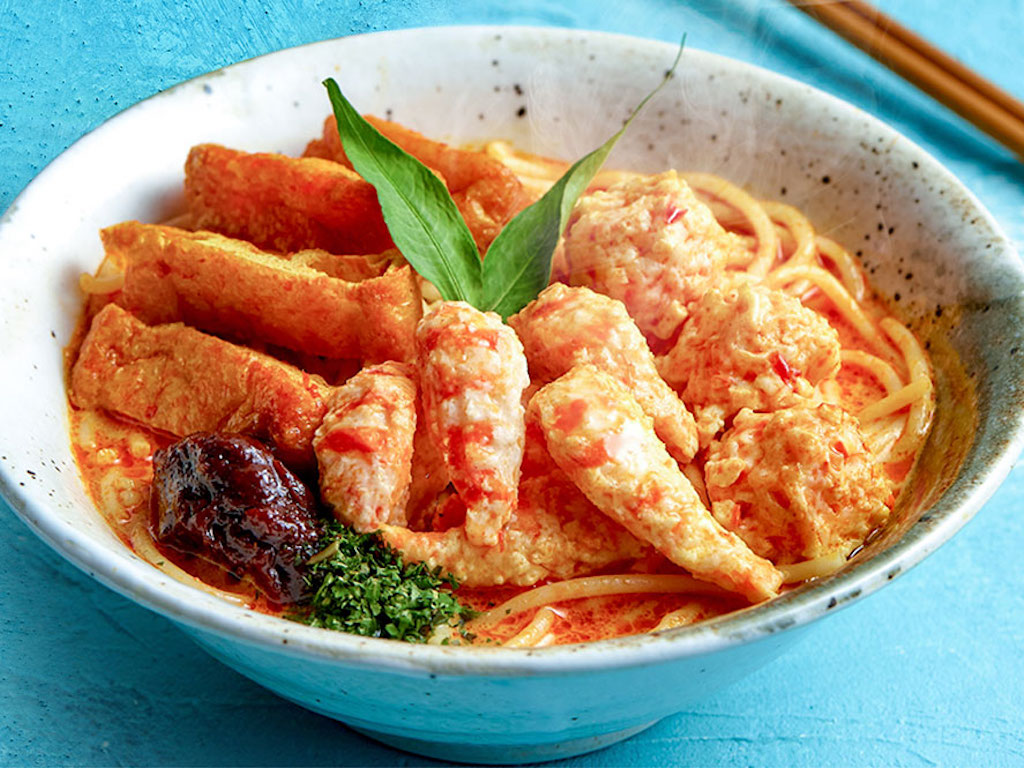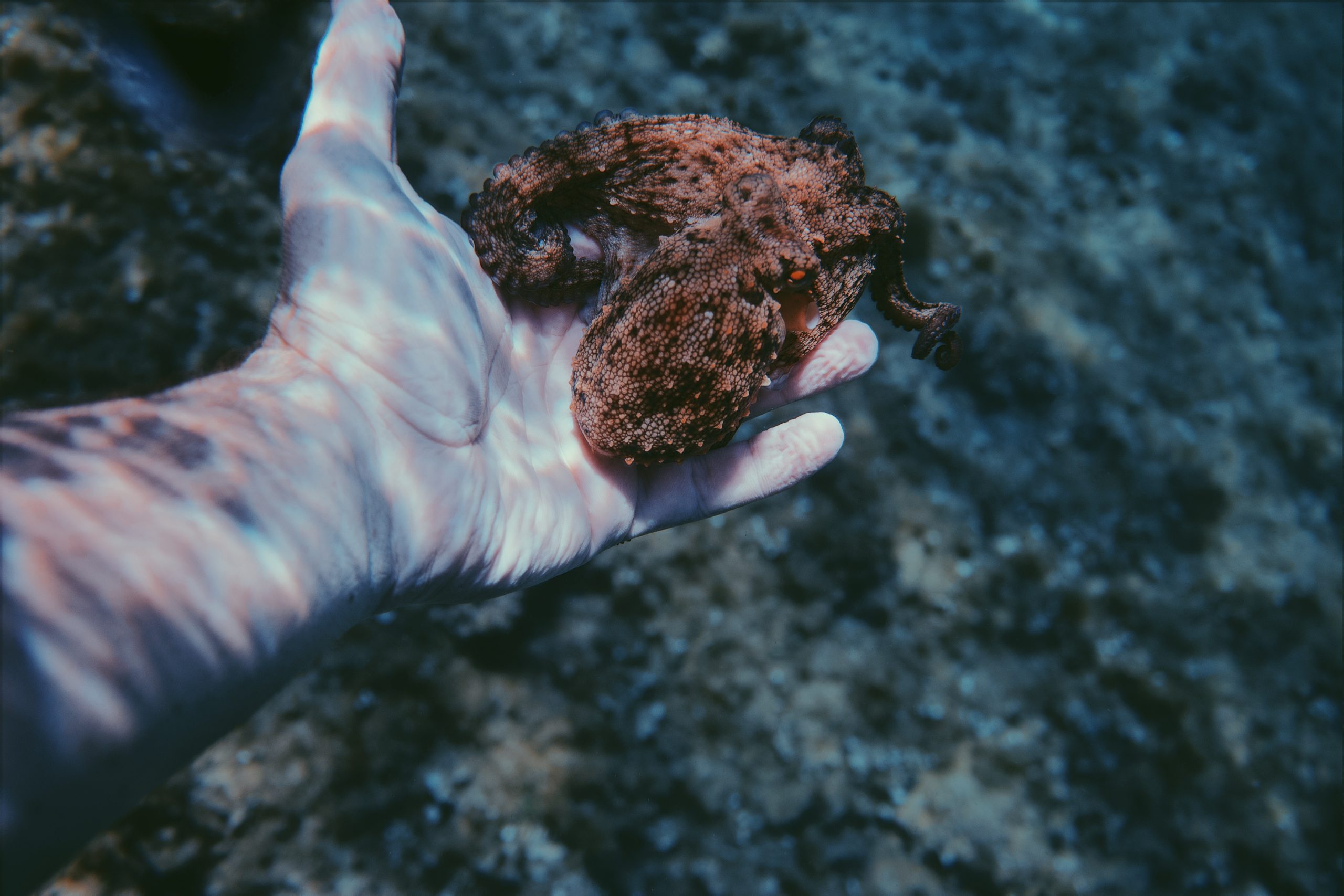3 Mins Read
A new UK government-commissioned report has found that octopuses, lobsters and crabs are sentient. All have been identified as feeling pain and suffering distress. The revelations have resulted in a radical change to UK animal welfare laws for the species, as well as other selected sea creatures. Each will be added to the Animal Welfare (Sentience) Bill, currently progressing through the House of Lords.
Octopuses, lobsters and crabs have been granted sentient being status, giving them protection against being boiled alive. The change in UK law is a direct result of findings from a London School of Economics and Political Science report that closely observed 300 scientific studies. Collectively, these studies proved beyond all reasonable doubt that the creatures experience feelings, not just pain responses, leading to them being considered as sentient. The move sees the UK aligning with Switzerland, New Zealand, and the U.S., where boiling lobsters alive is already outlawed.

The UK’s response to animal welfare
The UK prides itself on being responsive to issues of animal welfare. “The UK has always led the way on animal welfare and our Action Plan for Animal Welfare goes even further by setting out our plans to bring in some of the strongest protections in the world for pets, livestock, and wild animals,” said Animal Welfare Minister Lord Zac Goldsmith in a statement.
Speaking about the specific sentience of octopuses, lobsters, and crabs, he went on to say: “The Animal Welfare Sentience Bill provides a crucial assurance that animal well being is rightly considered when developing new laws. The science is now clear that decapods and cephalopods can feel pain and therefore it is only right they are covered by this vital piece of legislation.”

Progress is not always fast, however. A proposed beak trimming ban was shelved by the Department for Environment, Food and Rural Affairs (Defra) in 2011, then again in 2015. As of 2021, it still has not been resolved, despite Defra recognising the practice is cruel and unnecessary, back in 2002. Finland, Sweden, and Norway have all found alternative ways to control pecking, but the UK has failed to act.
Animal-free seafood sets out to save sentient octopuses, lobsters and crabs
Recognising select sea creatures as sentient beings is a significant step forward but they are still routinely captured and killed for food. Today’s food tech innovations mean that there are plenty of cruelty-free alternatives both globally. Rising to the challenge of helping people to eat less seafood, visionary startups are reacting to a worldwide change in attitudes to animal rights.
The shift comes in the wake of more available information, particularly in the form of documentaries that highlight the plight of animals. Amongst them, the Academy Award-winning My Octopus Teacher increased awareness of and affection for underwater creatures and demonstrated sentience. Alongside animal welfare concerns, the environmental impact of eating seafood is becoming well documented. This has created a demand for alternatives that taste, look and feel like conventional options, but with none of the ethical quandaries attached.
Vegan seafood startups can be found worldwide. Monkeys by the Sea is a Dutch endeavour that recently announced a $500,000 preseed for the development of tuna and breaded fish alternatives. In Africa, Sea-Stematic aims to be the continent’s first cultured seafood manufacturer that tackles growing demand for fish in Asia, and in the U.S., Cultured Decadence is making a splash. Having netted $1.6 million in an oversubscribed pre-seed funding round, the Wisconsin-based food tech represents an important first for North America. Singapore isn’t being left behind either, as Growthwell Foods is scaling up for commercial production in 2022.
Animal-free seafood is a growing market, having secured $116 million of funding in the first half of 2021. The figure is more than the total raised in 2020.





